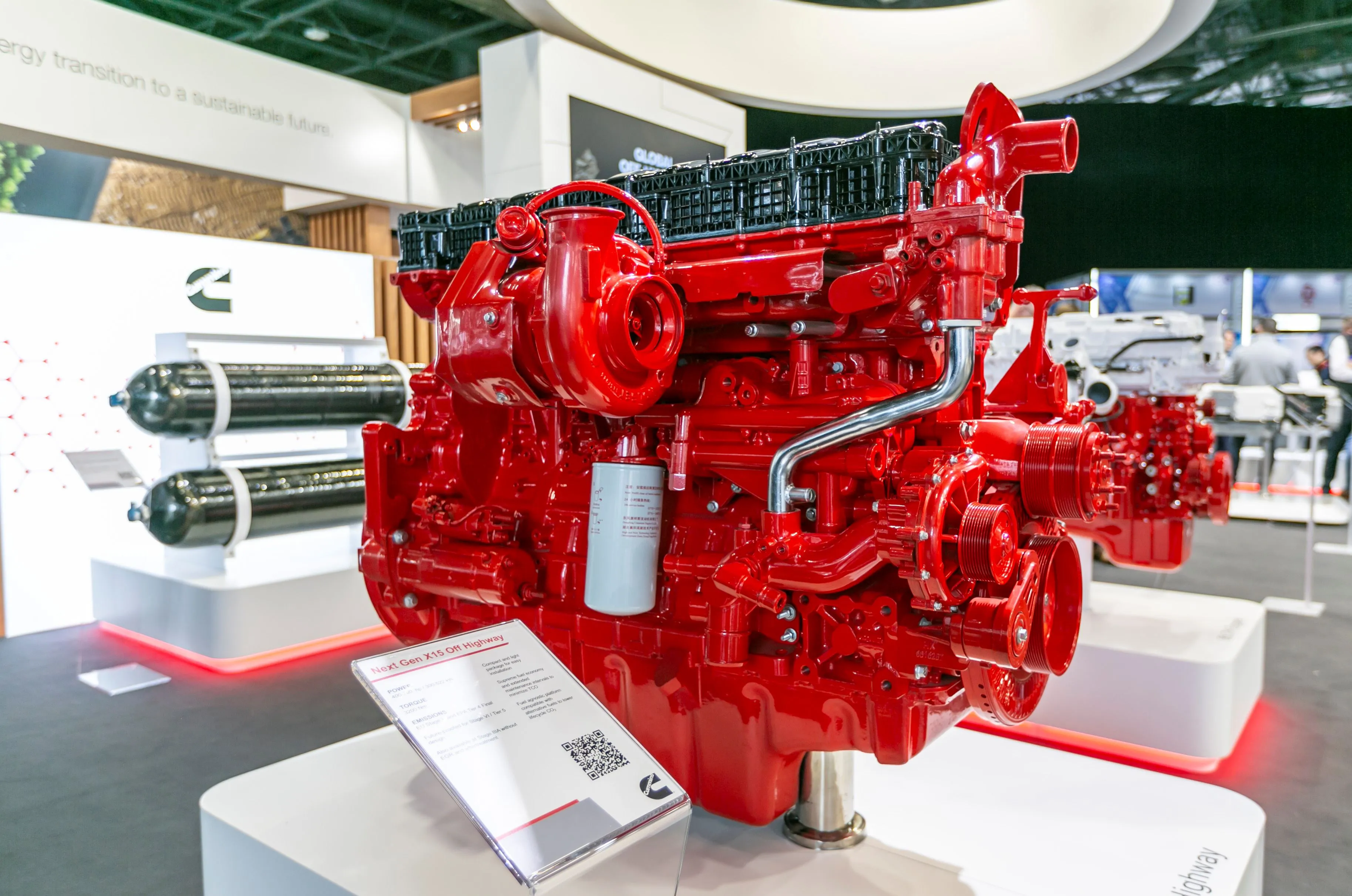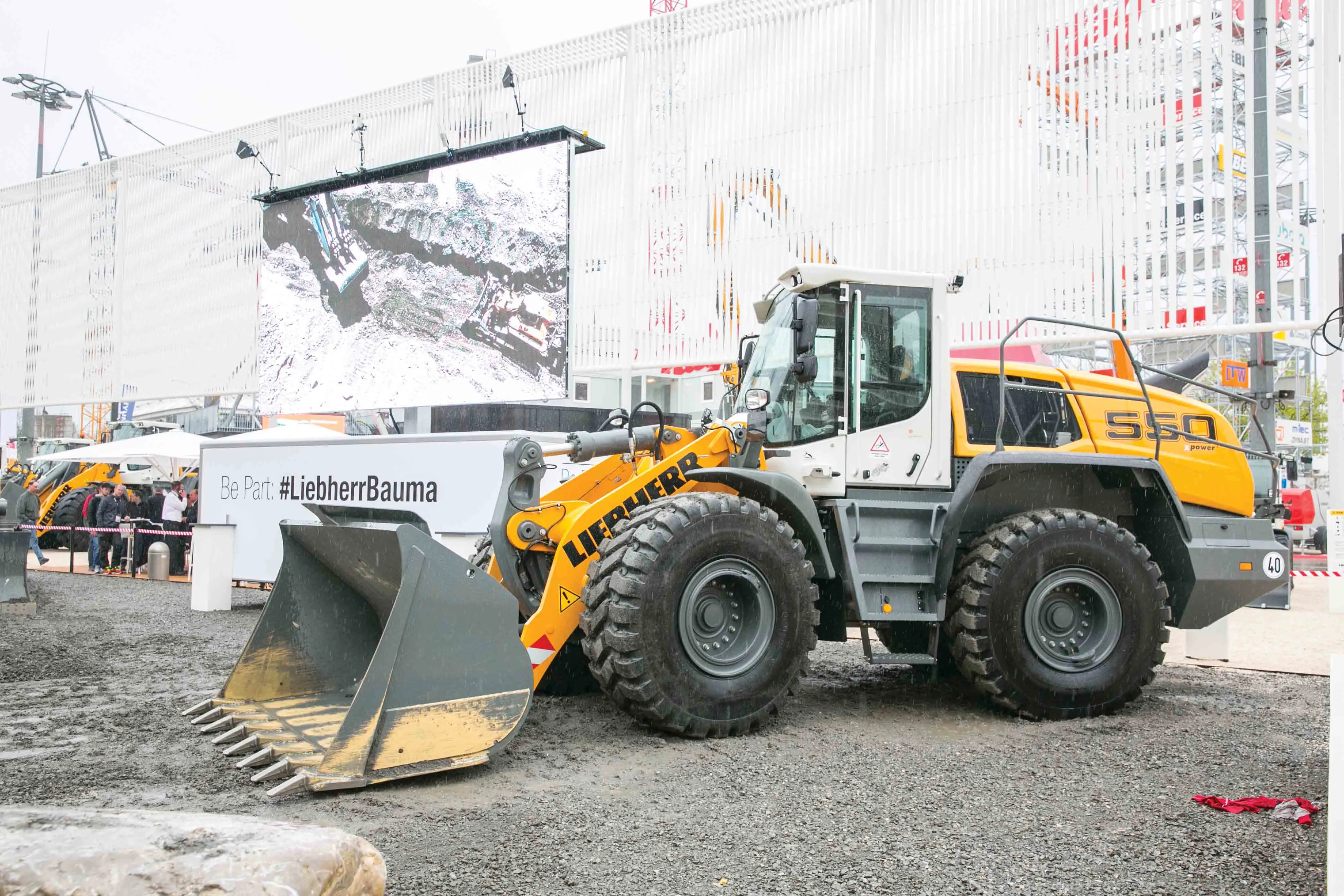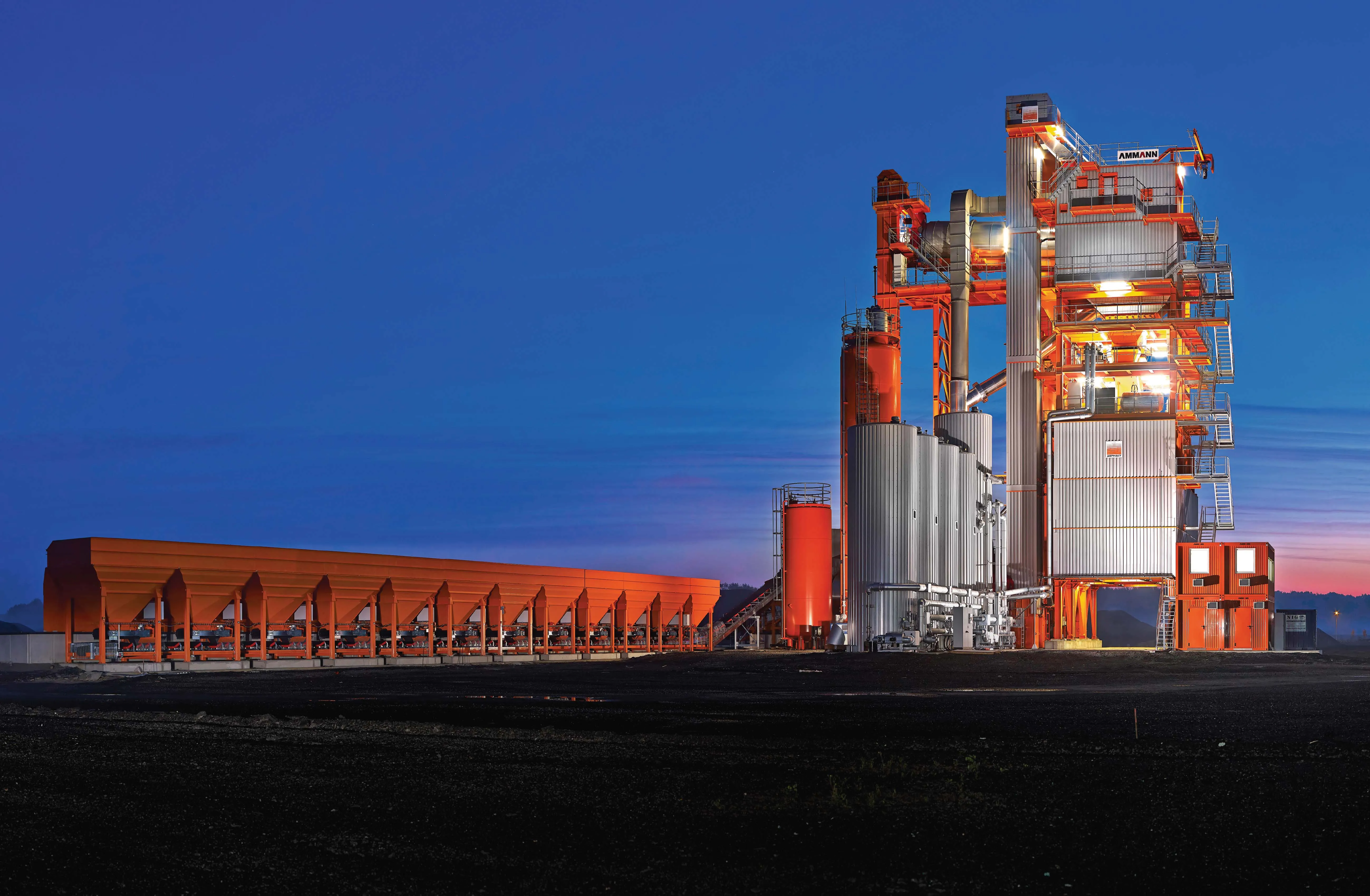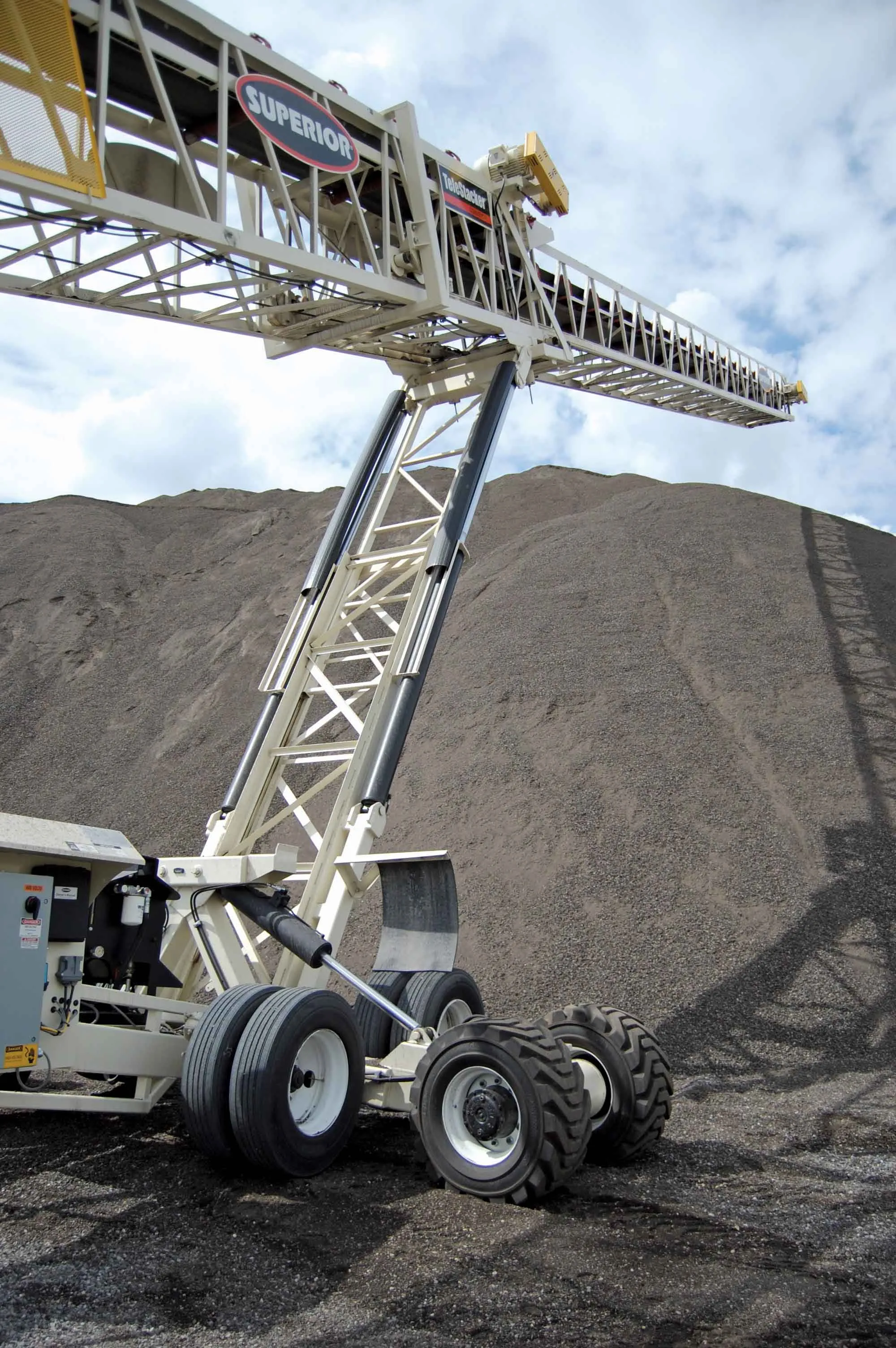Honda has developed processes that allow it to recycle the rare-earth minerals from nickel-hydrogen batteries. This is a significant step as the ability to recycle materials from hybrid vehicle batteries will help reduce production costs with the benefit of lowering the overall cost of such vehicles and also address concerns over supplies of the rare-earths. This step will also address some of the criticisms of the environmental factors with regard to hybrid vehicles batteries, due to the previous inability
March 6, 2013
Read time: 2 mins









